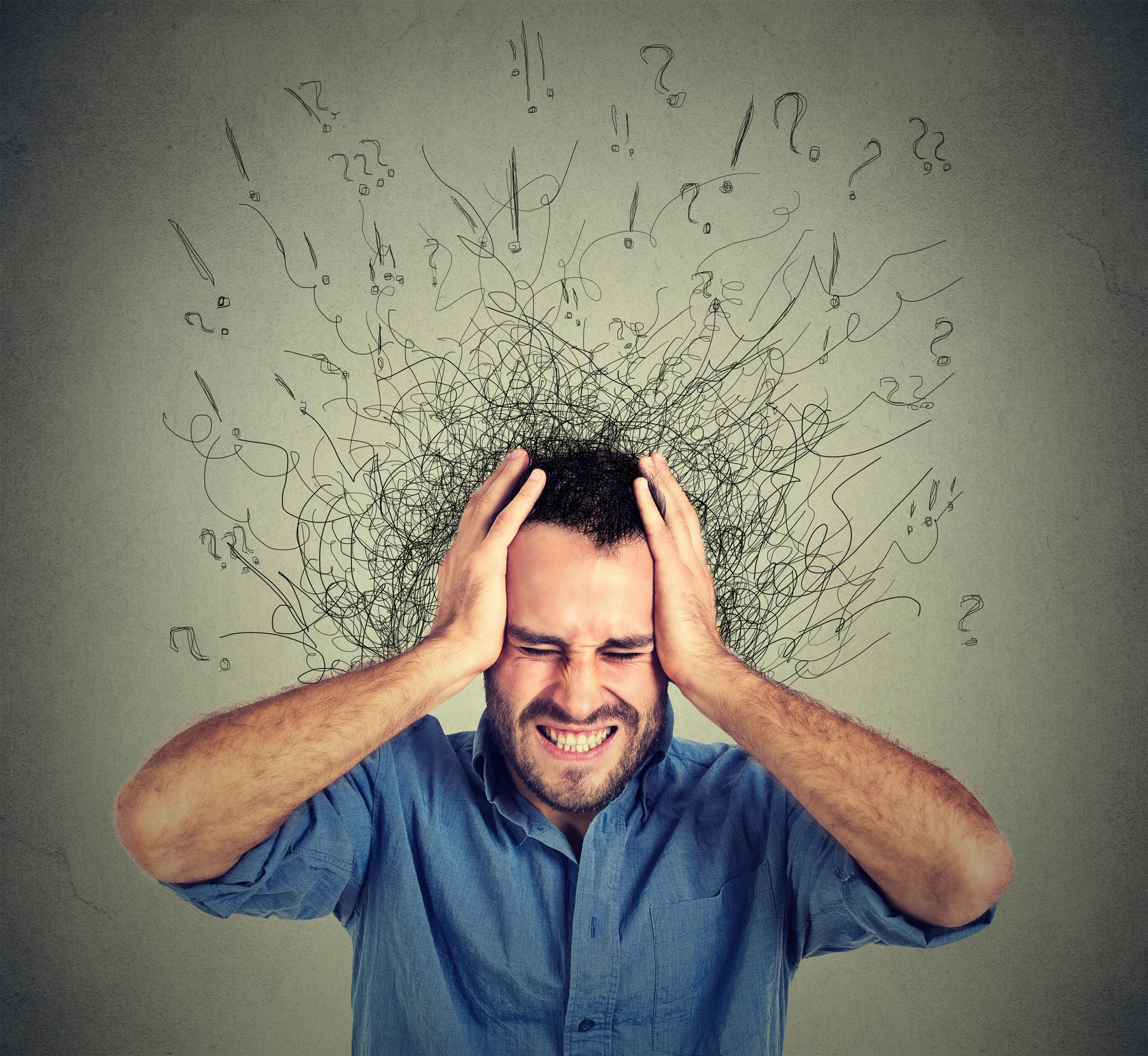
In today’s culture, “good hair” is often seen as a sign of strength, youth and health. Conversely, hair loss can trigger low self-esteem, feelings of unattractiveness and even depression.
The truth is, losing your hair is a stressful experience that can have a profound psychological impact on your life. Hair loss is a legitimate medical problem that affects two-thirds of American men by age 35 — and millions of women — but because it is not life-threatening, it’s frequently overlooked by the medical community.
The psychological effects of hair loss on your self-esteem and mental health are very real and should not be underestimated.
How Hair Loss Affects Self-Confidence
Hair loss impacts everyone differently. While some people accept it as a normal part of aging, others have a deeper psychological and emotional response that negatively affects their quality of life.
When hair loss makes you feel older, less attractive or less desirable to your partner, for example, it can lead to general feelings of low self-confidence and an overall lack of self-esteem.
Hair loss can also hinder your ability to express yourself. If you can’t style your hair the way you want to, for example, or you feel the need to wear a hat to disguise your hair loss, it may feel like you can’t be your true self.
Some hair loss sufferers feel that they are not only losing their hair, but also their youth and control over their lives because they are powerless over their appearance. This can lead to feelings of anxiety and social avoidance.
Hair loss can even affect the way you perform at work or how coworkers perceive you. If you are applying for a job, hair loss could make you look older than you are, which could cause employers to see you as less valuable to the organization.
In extreme cases, hair loss can exacerbate obsessive-compulsive disorder (OCD) and body dysmorphic conditions. Initial thinning of the hair can even trigger conditions like trichotillomania, which leads people to repeatedly pull out or twist their own hair.
Why Hair Loss Is Even More Stressful for Women
Hair loss isn’t just an issue for men. Women make up 40 percent of the Americans who suffer from hair loss, and the psychological effects on women can be even more traumatic.
Because women tend to be more emotionally and psychologically invested in their appearance, hair loss can have an especially devastating effect on a woman’s self-esteem.
Women with thinning hair or hair loss worry about the effect it will have on their appearance, but many are also concerned about how it will impact their dating life, their relationship with their spouse or the perception of their coworkers.
Additionally, because hair loss among women isn’t as socially accepted or frequently discussed as men’s hair loss, there is less public awareness and support available. Women are unlikely to discuss their hair loss with their general physician or gynecologist as part of a routine exam and more likely to try to hide their hair loss by adopting a new hairstyle.
How to Get Your Self-Esteem Back
Remember: Hair loss treatment is about more than your physical appearance — it’s about your psychological and emotional well-being!
If hair loss is causing you stress and anxiety or negatively affecting the way you feel about yourself, you have options! Hair loss treatment can give you back your self-confidence so you can get back to being “you” again.
Are you ready to take the first step? Request a consultation with our team of hair restoration specialists at NeoGraft Dallas to learn how you can get your hair — and your life — back!



